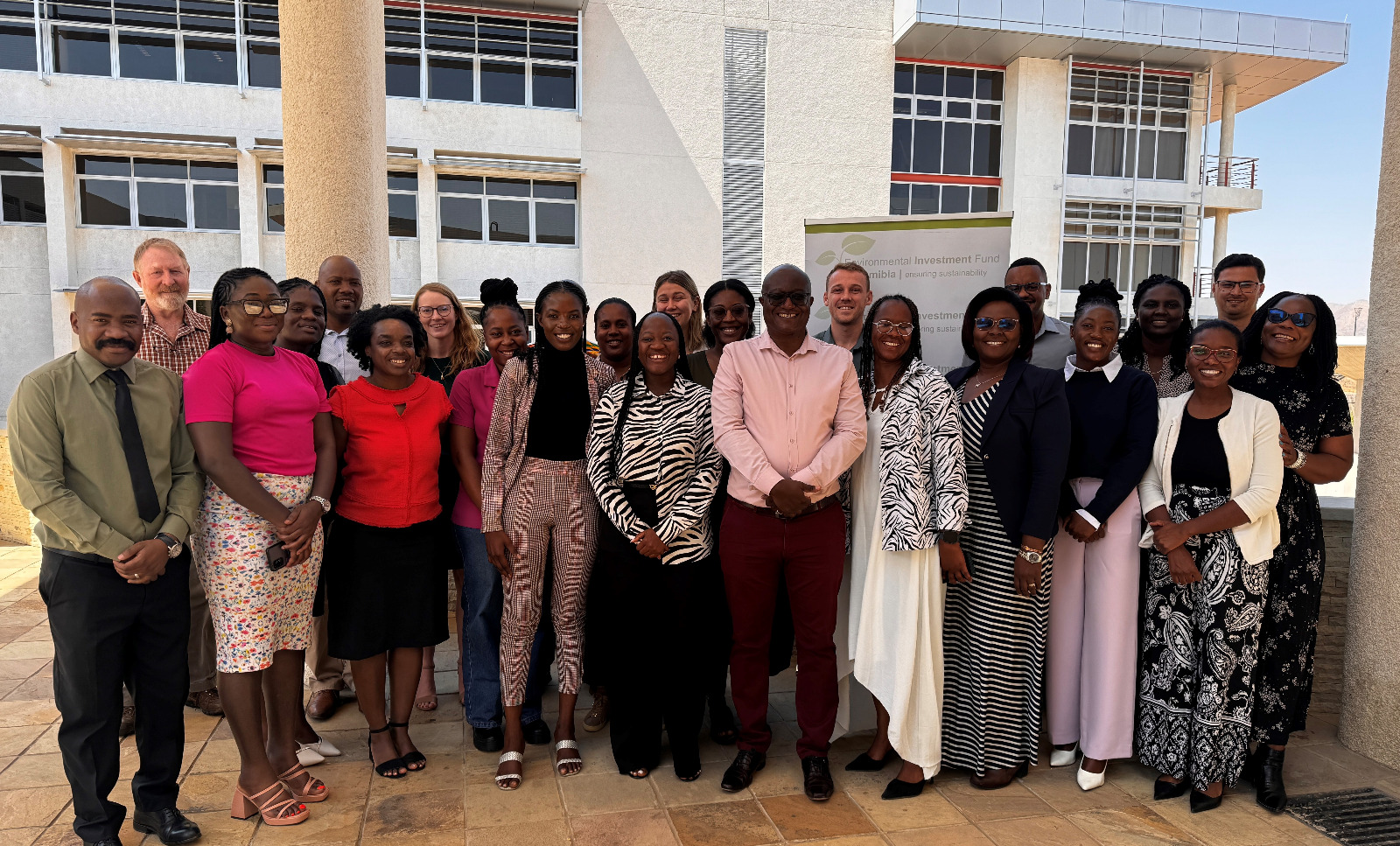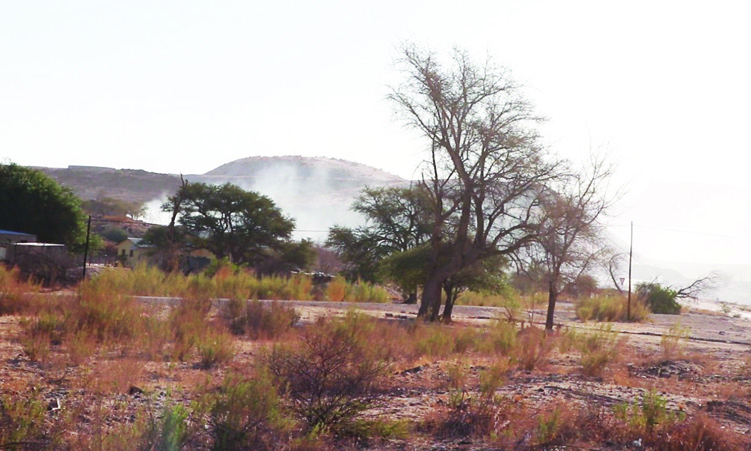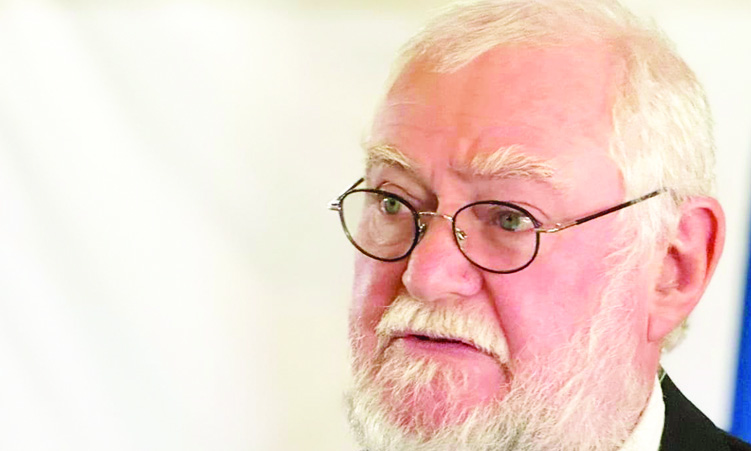A dialogue meant to identify gaps and challenges within Namibia’s climate change plan was held in Windhoek on Thursday.
Deputy chairperson of the Environmental Investment Fund (EIF) Louise Helen Brown said this was the first time the organisation hosted an economics and climate change dialogue.
Brown said the EIF’s aim was to provide plans for strengthening the nation’s abilities in environmental economics (EE) and natural resource economics (NRE).
She emphasised Namibia’s EE, which started in the mid-1990s when the Environmental Economics Unit was established within the Directorate of Environmental Affairs in the environment ministry.
“This initiative was crucial in integrating economic principles into environmental conservation, laying a robust foundation for the frameworks and initiatives that continue to guide Namibia’s management of natural resources,” she said.
According to Brown, these early efforts ensured that economic analysis was applied not only to biodiversity conservation but also to broader land-use and environmental management.
Brown said this understanding has been pivotal in recognising the economic viability of sustainable land use, ecosystem services and conservation. This ultimately informs the integration of sustainability into policy frameworks and positions Namibia as a global leader in sustainable land management.
“The dialogue provided an invaluable opportunity to enhance EE/NRE frameworks, fostering discussions on skill development, potential partnerships and institutional alignments across policy, academia and environmental financing sectors,” Brown said.
The workshop also sought to evaluate Namibia’s capacity to address urgent environmental issues, such climate change, from an economic standpoint, she added.
Economist Michael Humavindu, who was recently named executive director of the National Planning Commission, led the session, which benefited from his deep knowledge of environmental economics.
Humavindu played a key role in establishing the comprehensive EE/NRE framework used in policy decisions related to agriculture, tourism, local government and sustainability.
Humavindu highlighted that EE has introduced numerous solutions that are beneficial for the country’s progress.
“Environmental taxation has implemented levies designed to protect the environment, preventing pollution,” he said.
“These regulations, approved in 2019, include significant measures on plastics, which pose a serious threat to our ecosystem,” he added.
Stay informed with The Namibian – your source for credible journalism. Get in-depth reporting and opinions for
only N$85 a month. Invest in journalism, invest in democracy –
Subscribe Now!






